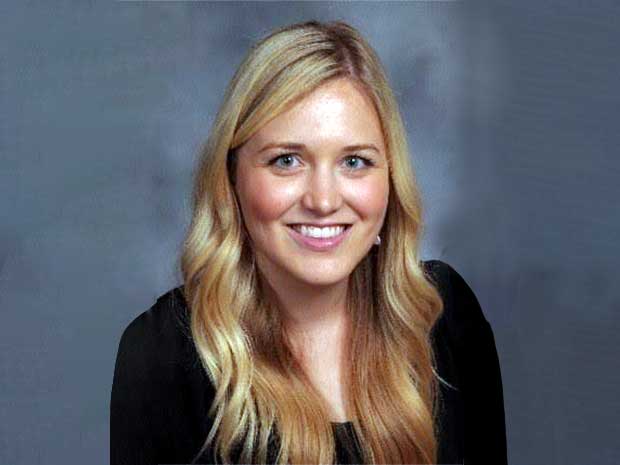Executive summary
Senators question IRS and TIGTA about community benefit provided by tax-exempt hospitals and call for increased standardization, consistency, and transparency.
On Aug. 7, 2023, Senators Elizabeth Warren, Raphael Warnock, Bill Cassidy and Charles Grassley issued letters to the Internal Revenue Service (IRS) and to the Treasury Inspector General for Tax Administration (TIGTA) calling for action to improve the processes by which they collect information and monitor compliance of tax-exempt hospitals.
Community benefit provided by tax-exempt hospitals scrutinized
Background
Tax-exempt hospitals are required to demonstrate that they serve a public, rather than private interest, to maintain their exempt status, including by meeting a community benefit standard, as outlined in Rev. Rul. 69-545. However, this standard is subjective and requires an analysis of all facts and circumstances to determine whether a hospital provides sufficient community benefit to be described in section 501(c)(3). Some of these factors include:
- An open emergency room;
- A community board;
- An open medical staff policy;
- The provision of hospital care for all patients regardless of their ability to pay;
- The use of surplus funds to improve facilities and advance medical care; and
- The provision of financial assistance.
In 2010, the Affordable Care Act introduced additional requirements for tax-exempt hospitals to maintain their exempt status under new section 501(r):
- Conduct a community health needs assessment (CHNA) and implementation strategy at least once every three years;
- Implement a financial assistance policy and emergency medical care policy;
- Limit the amounts billed to patients that qualify for financial assistance; and
- Establish billing and collection policies that are transparent to patients.
Tax-exempt hospitals are required to report their community benefit and compliance with section 501(r) to the IRS annually on Form 990 Schedule H.
Congressional scrutiny
In reaction to numerous, recent news reports about tax-exempt hospitals “taking advantage of this overly broad definition of ‘community benefit’ and engaging in practices that are not in the best interest of the patients,” Senators Warren, Grassley, Warnock and Cassidy requested information from the IRS and TIGTA:
- Most commonly reported community benefit activities,
- Updates to the Form 990, Schedule H instructions to modify identifying and reporting community benefit information,
- The number of hospitals identified by the IRS as at risk for noncompliance with the community benefit standard,
- The names of hospitals that were referred to exam, lost their exempt status, failed to report community benefit information and failed to file required Forms 990.
The letter cites various instances where tax-exempt hospitals appeared to be overly aggressive in their collection practices by filing a high volume of lawsuits against patients and/or placing liens on patients’ property to recover the cost of unpaid medical bills. They also point to cases where tax-exempt hospitals were found to have over-charged for services when patients were eligible for free or discounted care, and in some cases, denied care to patients that had outstanding medical bills.
To address these concerns, the senators urged the IRS to include review of Form 990, Schedule H in their 2023 Priority Guidance Plan. In addition, the senators separately wrote TIGTA to evaluate compliance with tax-exempt requirements in its 2024 audit plan, including investigating the IRS’s ability to oversee tax-exempt hospitals and assessing whether the current community benefit and financial assistance standards for tax-exempt hospitals are sufficient.
Takeaways
The tax-exempt hospital sector continues to receive attention from government leaders and the public scrutinizing how the tax benefits they receive compare to the benefits that they in turn provide to their communities. The letters emphasize the importance that tax-exempt hospitals not only comply with the law but ensure that the public is aware of the extent of their charitable efforts.
How RSM can help
The presentation of community benefit activities and compliance with section 501(r) on Form 990, Schedule H demonstrates why a hospital should continue to be recognized as tax-exempt. Our professionals can:
- Review Form 990, Schedule H and provide guidance on presentation, best practices, and missing items;
- Review the hospital's financial assistance, emergency medical care, and billing and collection policies for compliance with the requirements of section 501(r); and
- Conduct a gap analysis to assess a hospital’s compliance with section 501(c)(3) and section 501(r) requirements and provide guidance for corrective action as necessary.



